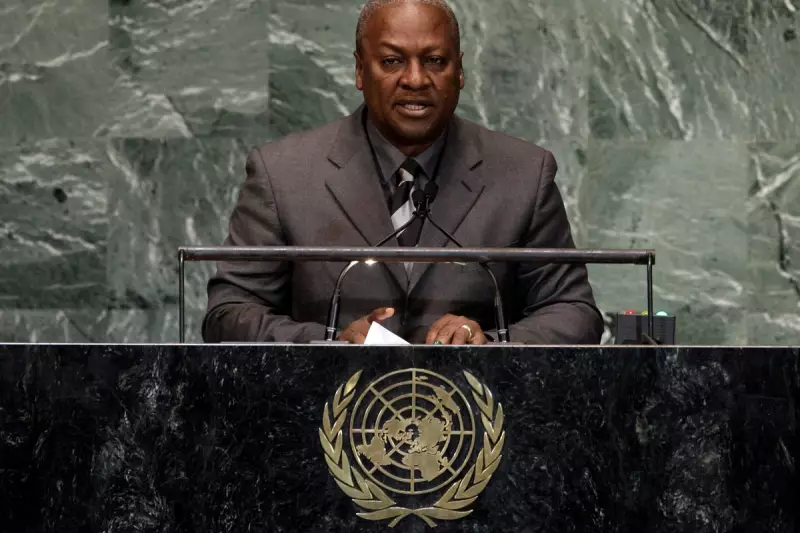
A coalition of Ghanaian citizens has initiated an unprecedented legal battle against former US President Donald Trump, filing a formal lawsuit in the District of Columbia over inflammatory remarks allegedly made in 2018.
The case centres on Trump's reported description of African nations, Haiti, and El Salvador as "s***hole countries" during a bipartisan immigration meeting at the White House. The plaintiffs argue these comments have caused significant damage to their dignity and reputation.
Seeking Accountability and Reparations
The lawsuit, filed by four individuals identified as residents of Ghana, demands both a formal apology and substantial financial compensation from the former president. While the specific monetary amount remains undisclosed in court documents, the plaintiffs emphasise that their pursuit extends beyond financial recompense.
They are seeking a declaratory judgment from the court that would officially recognise Trump's statements as defamatory and discriminatory. This legal recognition forms a core part of their quest for justice and accountability.
Historical Context and Legal Grounds
The plaintiffs' legal argument draws powerful parallels to historical injustices, notably referencing the horrific treatment of Africans during the transatlantic slave trade. Their court submission states they are "seeking reparations for the negative impacts of the slave trade," connecting Trump's modern-day comments to this painful legacy.
This case represents one of the first major attempts to hold a former US president legally accountable for derogatory comments made about entire nations and their people. The outcome could set a significant precedent for similar cases in the future.
Trump's Response and Legal Challenges
While Trump has consistently denied the specific wording of the 2018 remarks, multiple attendees at the meeting, including Democratic lawmakers, confirmed the use of the offensive term. This legal action adds to the numerous lawsuits Trump currently faces across various US jurisdictions.
The case proceeding through the Washington DC court system will test the boundaries of legal accountability for offensive speech made by high-ranking government officials, even after they leave office.





